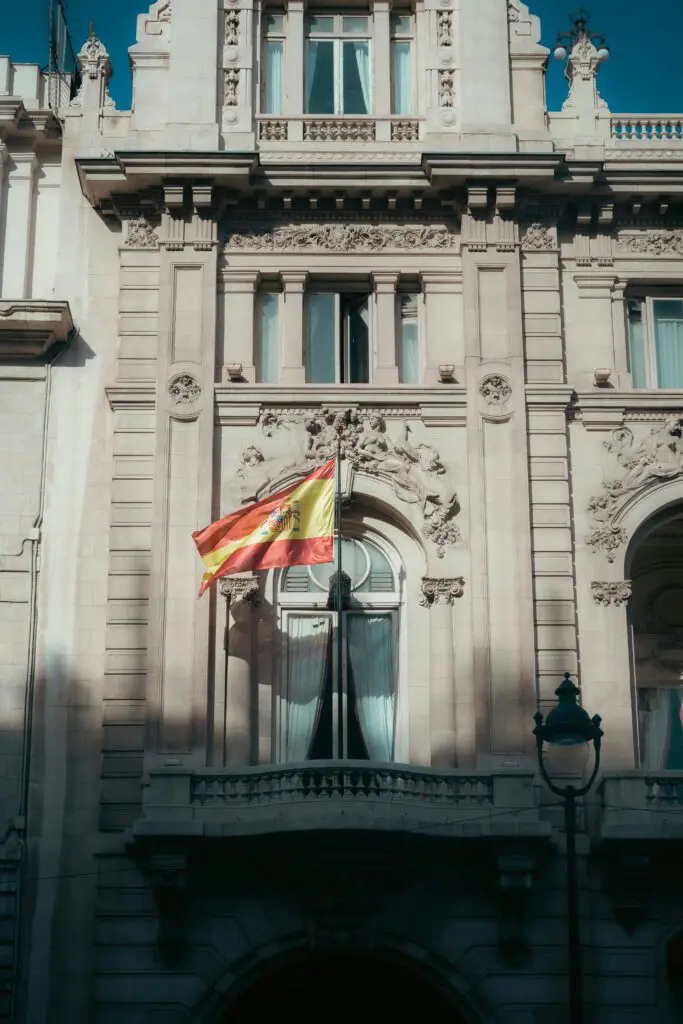The application of the principle of universal jurisdiction for debate this week at the UN in New York.
The principle of Universal Jurisdiction refers to the extension of national jurisdiction of any territory over certain crimes considered crimes against humanity, regardless of where they were committed or the nationality of the perpetrator. The formulation of this principle in a country’s Procedural Law empowers courts of that country to arrest and prosecute anyone who has committed these crimes anywhere in the world, regardless of his or her nationality.
This principle is a matter of great importance in international and fundamental rights in the development and protection of the Universal Declaration of Human Rights, to encourage the prosecution of crimes against humanity including torture, violation of human rights, terrorism or any crime that infringes the rights that protect life. But in addition, it could also be extended to ecological and economic crimes which, eventually committed by corporations in many cases, and affecting human rights, remain unpunished.
Recently, this principle has returned to the media spotlight after a life imprisonment sentence last May to Hissène Habré, former dictator of Chad between 1982 and 1990; the first case of an African dictator judged in Africa by African judges (the judgment was passed in Senegal).
In this sense, the next 14 and 15 September a conference will be held at the United Nations in New York, organized by personalities such as the judge who instructed the Hissène case, Senegalese Demba Kandji, Spanish judge Baltasar Garzon (on behalf of his FIBGAR foundation ), and former prosecutor of the Nuremberg Trials to Nazis, Benjamin Ferencz, from the Auschwitz Institute for Peace and Reconciliation; event in which Del Canto Chambers will be represented.
We have to recall that in Spain this principle has undergone two reforms in recent years. In 2009 the socialist government (PSOE) established that crimes against humanity committed abroad could only be prosecuted if the defendants were in Spain, if a victim has Spanish nationality, or if the case had any type of relevant connection with Spain
And in 2014, the conservative government (Partido Popular) limited this principle even more by undertaking another reform by the emergency procedure. Thus, the possibility of acting against these crimes through complaints and popular actions was eliminated, conditioning these actions to cases that were covered by international treaties signed by Spain and the Rome Statute, foundational rule of the International Criminal Court in The Hague.
Another of the most controversial measures of the latter reform was to force the filing of open cases that did not conform to new measures approved. This caused that cases such as the death of journalist José Couso in 2003, the Tibetan genocide, and the abuse of prisoners in Guantanamo Bay Detention Camp, had to be closed without strong criticism from opposition parties and from professional organizations of lawyers who accused the government of bending to the interests of the great powers such as China or the United States.
Reaching consensus in the international arena on cases where universal jurisdiction is applied with guarantees and without interference, as well as to harmonize national legislation on this principle in the search for a clear and effective legal standards and international law, would be a huge tool to fight against violations of human rights worldwide.
At Del Canto Chambers we are committed and advocate for the promotion and incorporation of these principles of Universal Jurisdiction in the countries where we operate. If you would like to know more about our work, please contact us at clerk@delcantochambers.com
Del Canto Chambers’ Editorial Board







